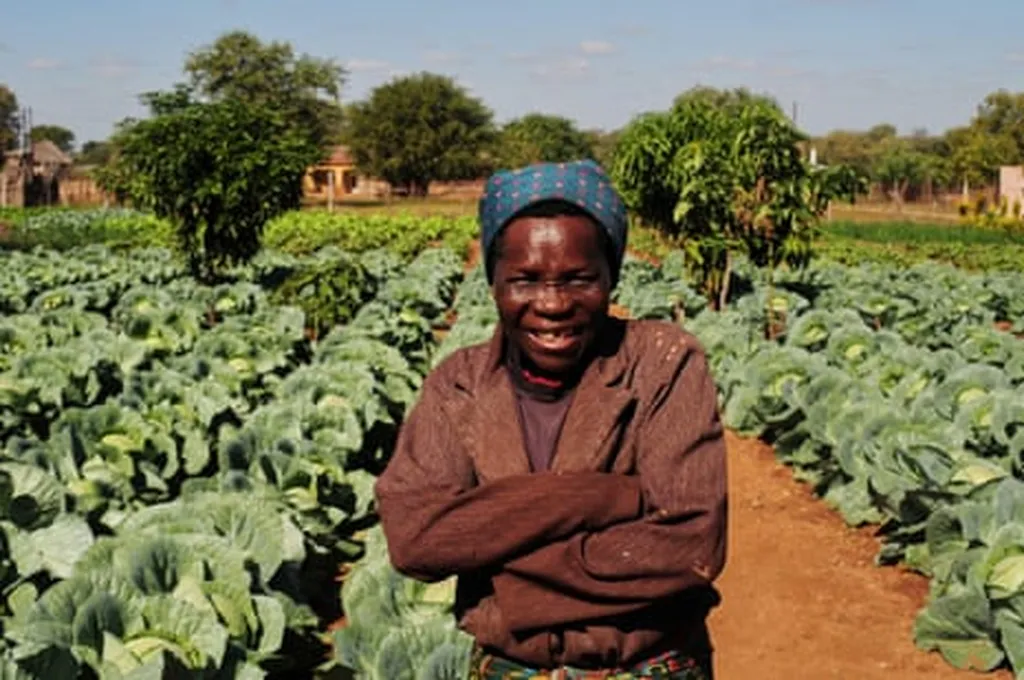In the heart of China’s agricultural landscape, a silent revolution is underway, one that balances the scales between food security and environmental sustainability. At the center of this shift is the humble agricultural plastic, a double-edged sword that has long been the backbone of modern farming but also a growing environmental concern. A recent study published in the journal *Frontiers of Agricultural Science and Engineering* (translated from Chinese as “前沿农业科学与工程”) sheds light on the evolution of China’s policies around agricultural plastics and offers a roadmap for sustainable management.
Jingwen Cheng, a researcher at the College of Resources and Environmental Sciences, China Agricultural University, and the lead author of the study, explains, “Agricultural plastics have been instrumental in increasing crop yields and ensuring food security. However, their improper disposal poses significant environmental risks.” The study highlights that while agricultural plastics have been widely adopted due to their efficiency and cost-effectiveness, their waste management has largely been an afterthought.
The research outlines three distinct stages in China’s policy evolution towards managing agricultural plastics. The first stage, focused on increasing production and promoting technology, saw a rapid adoption of agricultural plastics but lacked robust environmental regulations. The second stage introduced stronger environmental protections, with some regional successes, but still fell short of a nationwide systematic approach. The current, third stage emphasizes agricultural sustainability, promoting life-cycle management and regionally differentiated strategies.
Despite these advancements, challenges remain. “Although recycling rates have improved significantly, a long-term sustainable management mechanism is still lacking,” Cheng notes. The study identifies source reduction and effective recycling as key solutions, advocating for a unified national framework with region-specific programs, technological innovation, and the integration of environmental regulations with market mechanisms.
For the energy sector, the implications are profound. As China and other nations grapple with the environmental impact of agricultural plastics, opportunities arise for innovation in recycling technologies and the development of biodegradable alternatives. The study’s recommendations could shape future policies, influencing investment and commercial strategies in the energy sector.
Cheng’s research serves as a call to action, urging stakeholders to collaborate in creating a sustainable future for agricultural plastics. As the world watches, China’s policy evolution offers valuable insights and lessons for balancing food security and environmental sustainability. The journey is far from over, but with strategic interventions and collective effort, the path forward looks promising.

